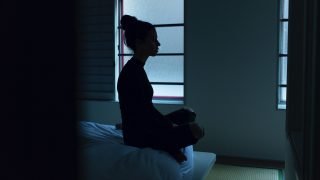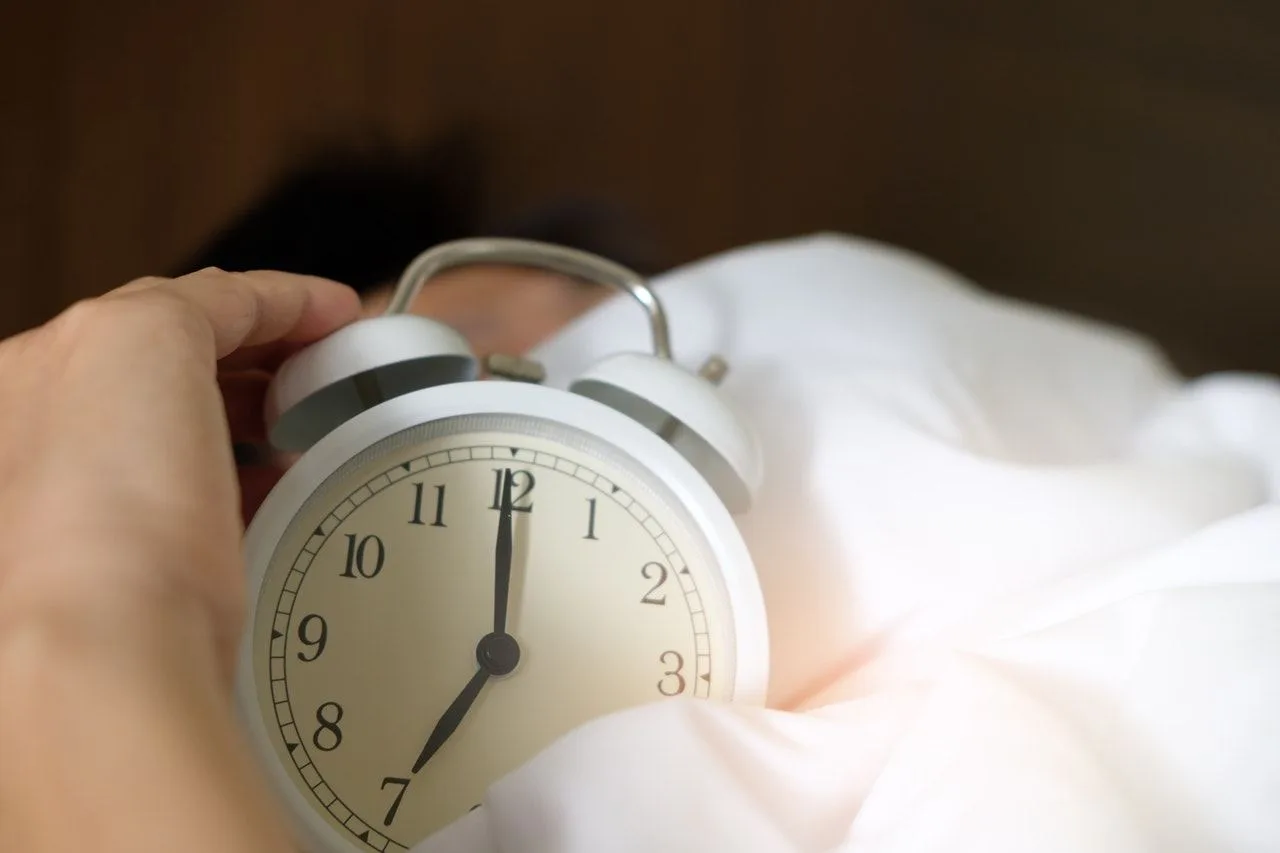Are you a morning person? If not, you may want to change your habits. While getting up bright and early may sound like an unnecessary task, a new study has found that waking up early may be great for your mental health. In fact, researchers found that the earlier you wake up, the more you reduce your risk for depression.
Early risers have a lower depression risk
The study
For the study, published in JAMA Psychiatry, researchers used data from 23 and Me (a DNA testing company) and the biomedical database UK Biobank. In addition to the genetic data, the researchers also had information from 85 000 who had worn wearable sleep trackers for 7 days and 250 000 who had filled out sleep-preference questionnaires.

Photo by Ben Blennerhassett on Unsplash
Once they had collected the data, the researchers did a Mendelian randomization study – this is when researchers can compare large groups of people based on genetic variants that are independent of other health or behavioral characteristics. In this case, the researchers did a Mendelian randomization study of circadian rhythm and the risk for depression.
The findings:
The study found that those who consider themselves early birds had a 23% lower risk of major depression.
“We have known for some time that there is a relationship between sleep timing and mood, but a question we often hear from clinicians is: How much earlier do we need to shift people to see a benefit?” said senior author Celine Vetter, assistant professor of integrative physiology at CU Boulder.“We found that even one-hour earlier sleep timing is associated with significantly lower risk of depression.“
Why is this happening?
It may have something to do with the fact that early-risers experience more light exposure during the day. That said, Vetter admits that more research still needs to be done,
“Alternatively, when and how much light you get also influences chronotype, and light exposure also influences depression risk. Disentangling the contribution of light patterns and genetics on the link between chronotype and depression risk is an important next step,” she said in a press release.
Are late risers in trouble?

Photo by Laura Chouette on Unsplash
No, not at all. Being a late sleeper or riser doesn’t mean that you will go on to develop a mental health disorder,
“Yes, chronotype is relevant when it comes to depression,” she said, “but it is a small effect.”
How can I become an early bird?
“Keep your days bright and your nights dark,” Vetter says. “Have your morning coffee on the porch. Walk or ride your bike to work if you can, and dim those electronics in the evening.”
- Additional tips for becoming an early bird include:
- Sleeping earlier
- Start slowly – wake up 10 minutes early then move up to 30 minutes, followed by an hour
- Put your alarm clock far from the bed, so you have to get out to switch it off
- Take advantage of the extra time by exercising or meditating
References
Daghlas I, Lane JM, Saxena R, Vetter C. Genetically Proxied Diurnal Preference, Sleep Timing, and Risk of Major Depressive Disorder. JAMA Psychiatry. Published online May 26, 2021. doi:10.1001/jamapsychiatry.2021.0959
Want to know more?
Did you know that depression can rapidly age you?



![women [longevity live]](https://longevitylive.com/wp-content/uploads/2020/01/photo-of-women-walking-down-the-street-1116984-100x100.jpg)










